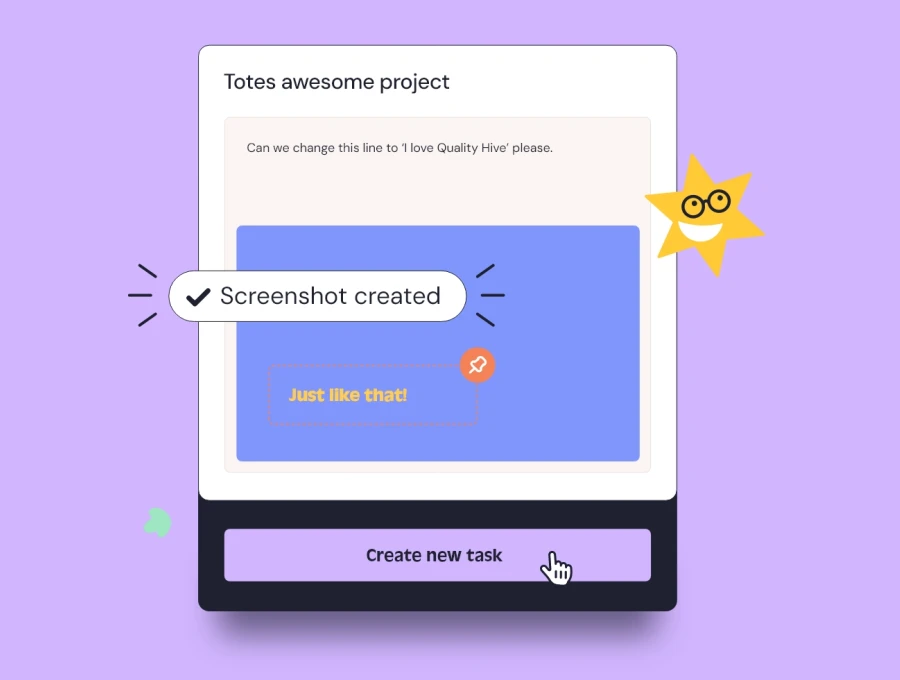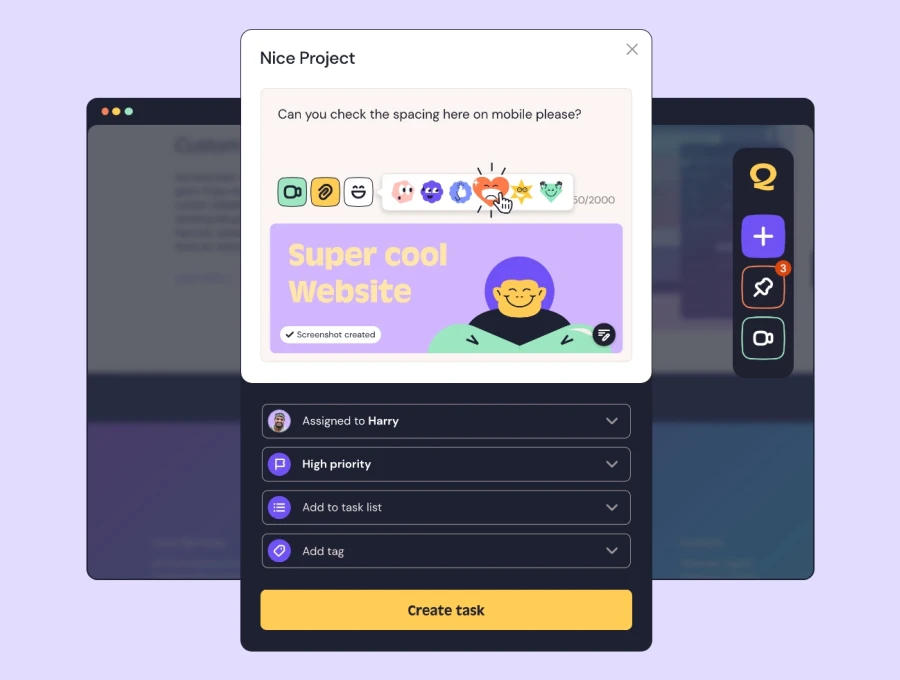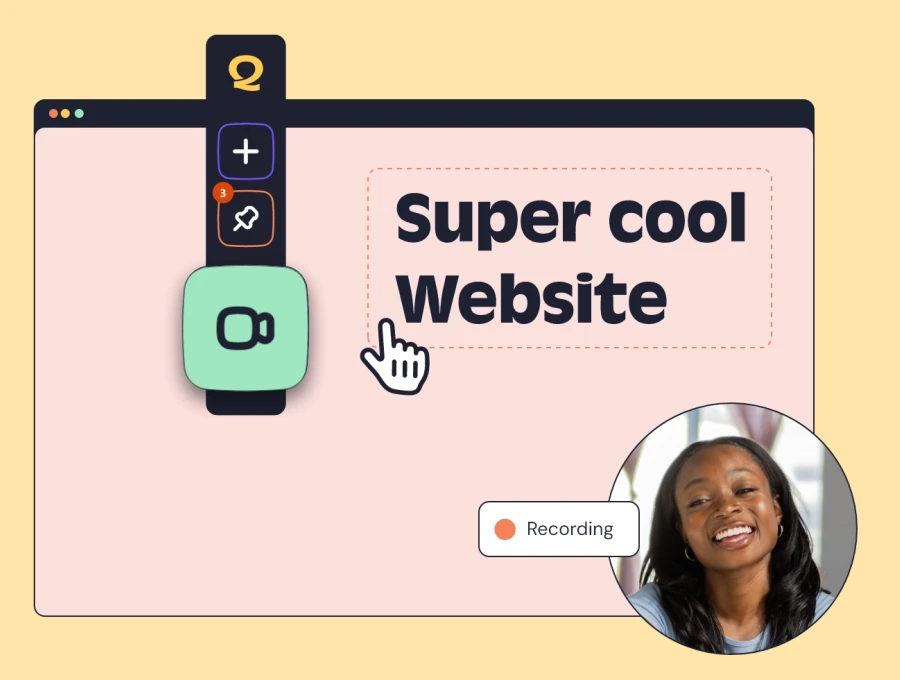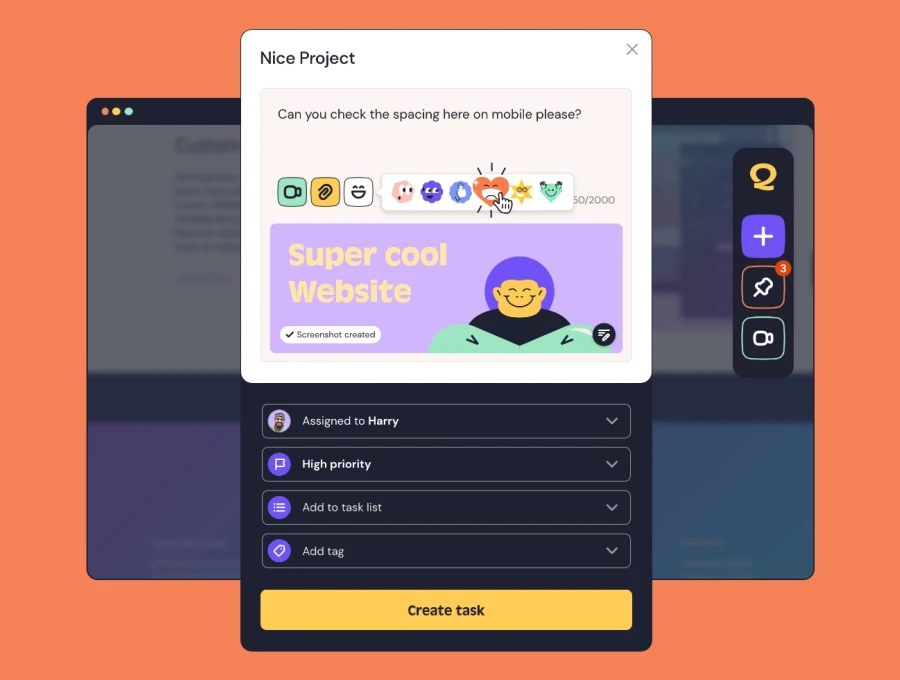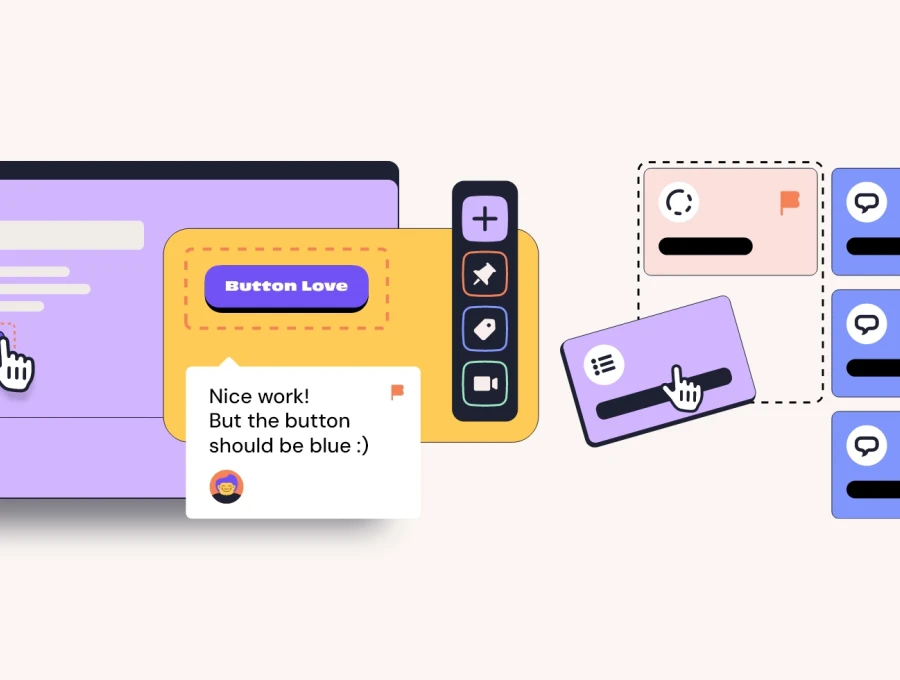In the age of rapid technological advancement, artificial intelligence (AI) is transforming industries, enhancing efficiencies, and automating repetitive tasks. One field that has seen significant AI-driven innovation is Quality Assurance (QA) in software development. Automated testing tools and AI-driven analytics have undoubtedly revolutionized QA processes, but the idea that AI could fully replace human QA professionals is a myth. Here’s why the human element in QA remains irreplaceable and why AI, despite its advancements, won't take over the QA domain.
1. Understanding Context and Intent
AI excels at processing vast amounts of data and identifying patterns, but it lacks the ability to fully understand the context and intent behind the software. QA professionals bring a deep understanding of the user’s perspective and the business logic behind applications. They can anticipate user behaviors, interpret requirements with nuance, and ensure that the software meets real-world needs. This level of understanding is critical for delivering high-quality software that aligns with user expectations and business goals.
2. Creative Problem-Solving
Quality assurance often involves more than just finding bugs; it requires creative problem-solving to identify potential issues that automated tests might miss. Human testers can think outside the box, simulate complex user interactions, and devise innovative test scenarios. Their creativity and intuition allow them to explore edge cases and unusual usage patterns that AI might overlook. This creative approach is essential for uncovering subtle, yet impactful, defects that could affect the user experience.
3. Emotional Intelligence and User Experience
User experience (UX) is a critical aspect of software quality, and it involves understanding human emotions, behaviors, and expectations. QA professionals can empathize with users, providing insights into how a product feels and functions from a human perspective. They can assess the emotional impact of software design and functionality, ensuring that the product is not only efficient but also enjoyable to use. AI lacks the ability to gauge emotional responses and make subjective judgments about the overall user experience.
4. Ethical and Moral Judgments
QA professionals often need to make ethical and moral judgments when evaluating software. They must consider privacy concerns, security implications, and the potential for unintended consequences. Human judgment is crucial in identifying ethical dilemmas and ensuring that software adheres to ethical standards. AI, which operates based on predefined algorithms and data, cannot independently make these complex ethical decisions.
5. Adaptability and Continuous Learning
The software development landscape is constantly evolving, with new technologies, frameworks, and methodologies emerging regularly. QA professionals continuously learn and adapt to these changes, bringing new knowledge and skills to their testing strategies. While AI can be trained and updated, it requires significant time and resources to adapt to new paradigms. Human QA professionals, with their ability to quickly grasp new concepts and apply critical thinking, are more agile in adapting to industry changes.
6. Collaboration and Communication
QA is inherently a collaborative process that involves working closely with developers, designers, product managers, and other stakeholders. Effective communication and collaboration are essential for identifying requirements, discussing issues, and ensuring that the final product meets everyone’s expectations. Human QA professionals excel in these collaborative environments, facilitating productive discussions, and building strong working relationships. AI, on the other hand, lacks the ability to engage in meaningful communication and collaboration.
7. Handling Ambiguity and Uncertainty
Software projects often involve ambiguous requirements and uncertain conditions. QA professionals are adept at handling ambiguity, interpreting unclear requirements, and making informed decisions based on incomplete information. Their ability to navigate uncertainty and provide clarity is crucial for ensuring software quality. AI, which relies on precise input and clear data, struggles with ambiguity and may produce inaccurate results in uncertain conditions.
Conclusion
While AI has undoubtedly enhanced QA processes by automating repetitive tasks and providing powerful analytics, it cannot replace the human element in Quality Assurance. The creativity, empathy, ethical judgment, and adaptability of human QA professionals are irreplaceable assets that ensure software quality and user satisfaction. AI serves as a valuable tool that complements the skills of QA professionals, enabling them to focus on higher-level tasks that require human intelligence and insight.
At QualityHive, we recognize the importance of the human element in QA and strive to provide tools that empower QA professionals. Our platform enhances collaboration and supports creative problem-solving.


